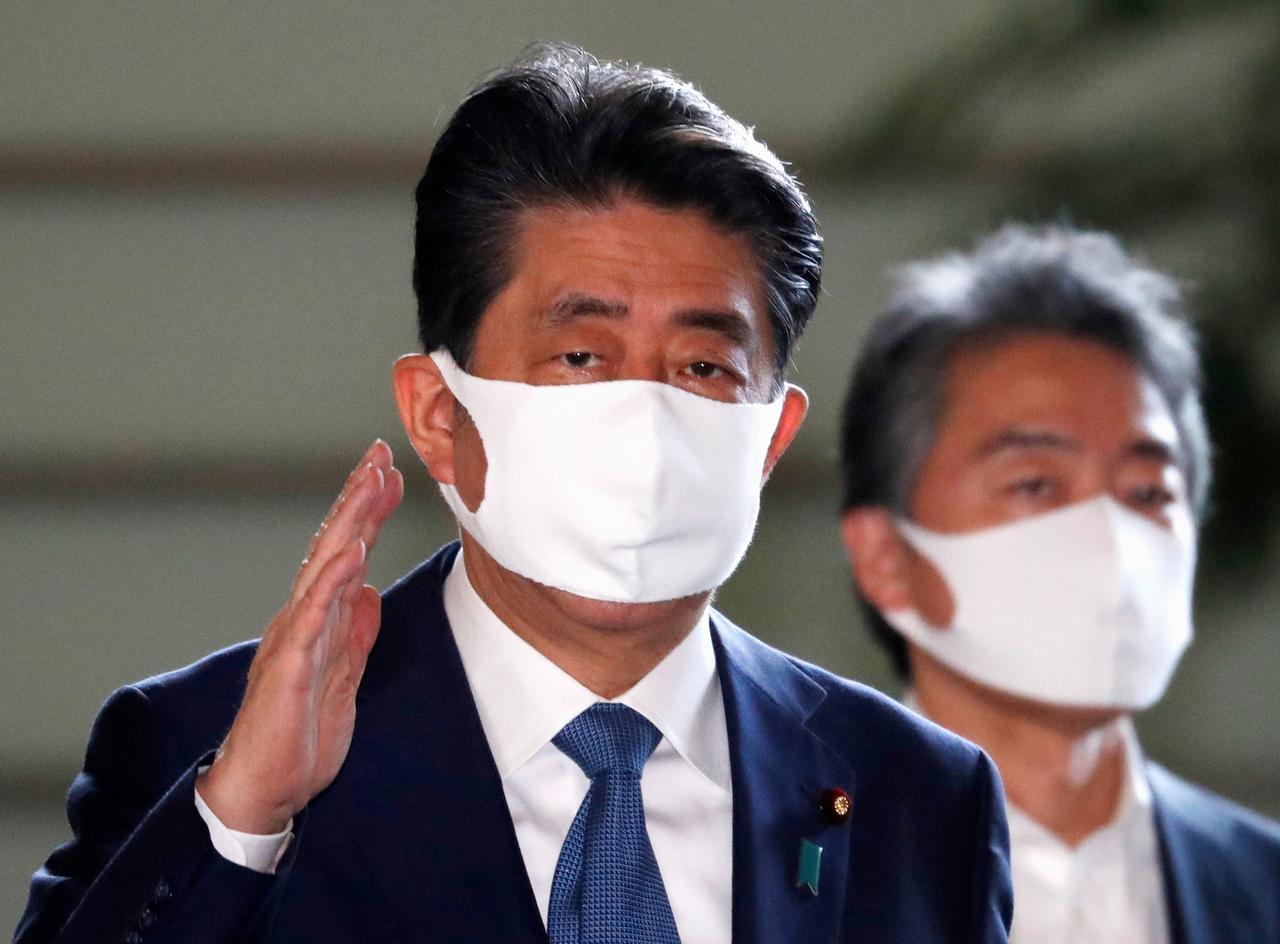Vietnam highly appreciates Japanese Prime Minister Shinzo Abe’s important contributions to fostering Vietnam-Japan relations for the sake of the two countries’ people and for peace, prosperity, cooperation and development in the region and the world, Vietnamese Ministry of Foreign Affairs' Spokesperson Le Thi Thu Hang said on Friday.
Hang made the statement while answering reporters’ questions about the 65-year-old Japanese premier’s decision to step down after a relapse in his illness.
The Japanese people have placed their trust in the outgoing Japanese leader for years, Hang said.
She added that he is a leader who has made many contributions to the development of his Northeast Asian country and the facilitation of cooperation in different fields in the region and the world.
“Vietnam wishes that Prime Minister Abe good health and happiness and [that he will] continue to make important contributions to the development of Japan, as well as the cooperation and friendship between Vietnam and Japan,” stated the spokeswoman.
Japan’s longest-serving prime minister was quoted by the Associated Press as saying at a nationally televised press briefing in Tokyo on Friday that he is stepping down because a chronic health problem has resurfaced.
Abe has had ulcerative colitis since he was a teenager and has said the condition was controlled with treatment.
Concerns about his health began this summer and grew this month when he visited a Tokyo hospital two weeks in a row for unspecified health checkups.
He is on a new treatment that requires IV injections. While there is some improvement, there is no guarantee that it will cure his condition, and he therefore decided to step down after treatment on Monday, according to the Japanese leader.
“It is gut wrenching to have to leave my job before accomplishing my goals,” Abe was quoted as saying by AP on Friday, mentioning his failure to resolve key issues.
He said his health problem was under control until earlier this year, but was found to have worsened in June when he had an annual checkup.
“Faced with the illness and treatment, as well as the pain of lacking physical strength … I decided I should not stay on as prime minister when I am no longer capable of living up to the people’s expectations with confidence,” Abe said at the news conference.
Abe, whose term ends in September 2021, is expected to stay on until a new party leader is elected and formally approved by the parliament, a process which is expected to take several weeks, according to the Associated Press.
Abe became Japan’s youngest prime minister in 2006, at age 52, but his overly nationalistic first stint abruptly ended a year later because of his health.
In December 2012, Abe returned to power, prioritizing economic measures over his nationalist agenda.
Abe on Monday became Japan’s longest-serving prime minister by consecutive days in office, eclipsing the record of Eisaku Sato, his great-uncle, who served 2,798 days from 1964 to 1972.
Born in 1954, Abe was raised in a prominent political family. His grandfather on his mother’s side, Nobusuke Kishi, was Japan’s prime minister from 1957 to 1960 while Abe’s father was Shintaro Abe, Japan’s foreign minister from 1982 to 1986, according to the Washington Post.
Like us on Facebook or follow us on Twitter to get the latest news about Vietnam!


















































